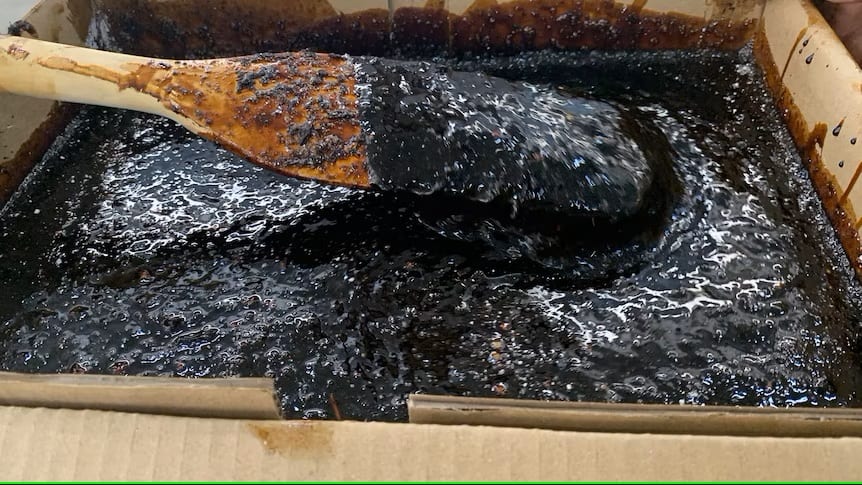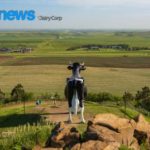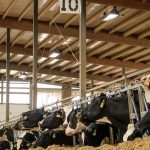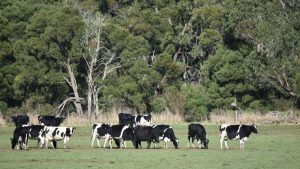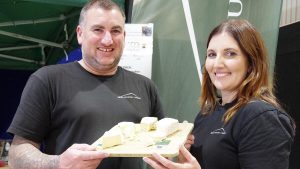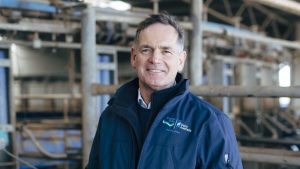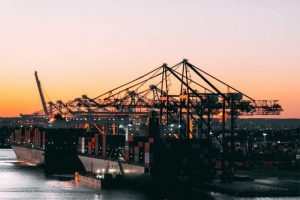
Two Australian agribusinesses have come up with highly unusual ways to help poor farmers in Laos.
One is into trade, giving livestock nutritional products to farmers in return for their methane abatement credits.
The other, a dairy, rents pregnant buffalo from locals.
Goulburn woolgrower and livestock nutrition entrepreneur Chick Olsson has just opened a new lick-block factory in Luang Prabang in northern Laos.
AgCoTech’s molasses lick blocks improve buffalo health, weight and fertility.
“We put in two anti-worming agents that are very, very bitter, but you cloak that in molasses and they take their daily dose and virtually self-medicate themselves,” Mr Olsson said.
“There’s higher milk production, so you get better calf survival, you see more income, an extra calf here means a child can be educated.”
The boxes making a difference
The blocks contain lemongrass, which the company’s animal health consultant Peter Windsor believes can reduce methane emissions by up to 25 per cent.
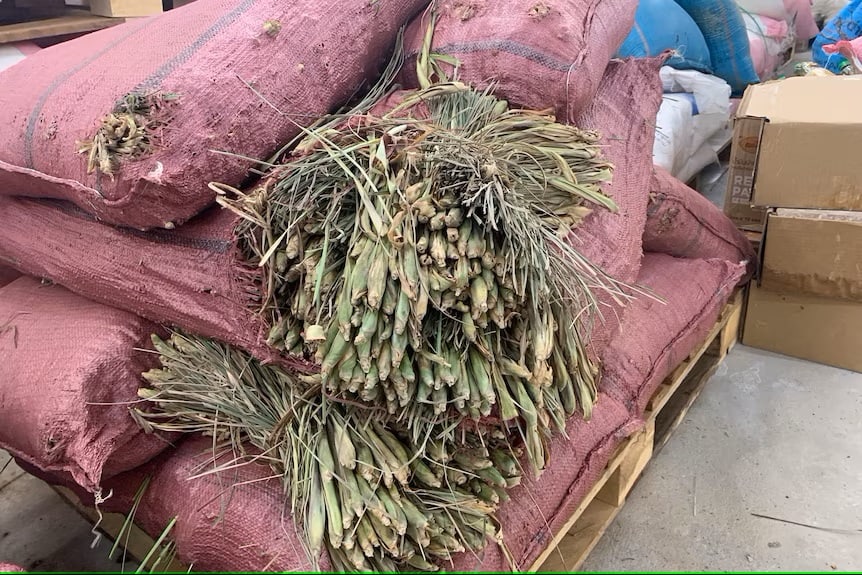
“The fermentation process in the rumen produces a lot of methane because the bacteria in there is dealing with poor quality forage, so when you put in a supplementary feed like a molasses block you can change the bacterial population to produce a less methanogenic fermentation,” Professor Windsor said.
Villagers can’t afford the blocks, so Mr Olsson devised a way to supply them for free.
“Once they take a block [they’re] handing over their carbon rights for each block which we’ll trade on the open market,” he said.
“We’ll see a 30 per cent abatement in methane, so if Laos fed every cow tomorrow it could meet its Paris carbon pledge.”
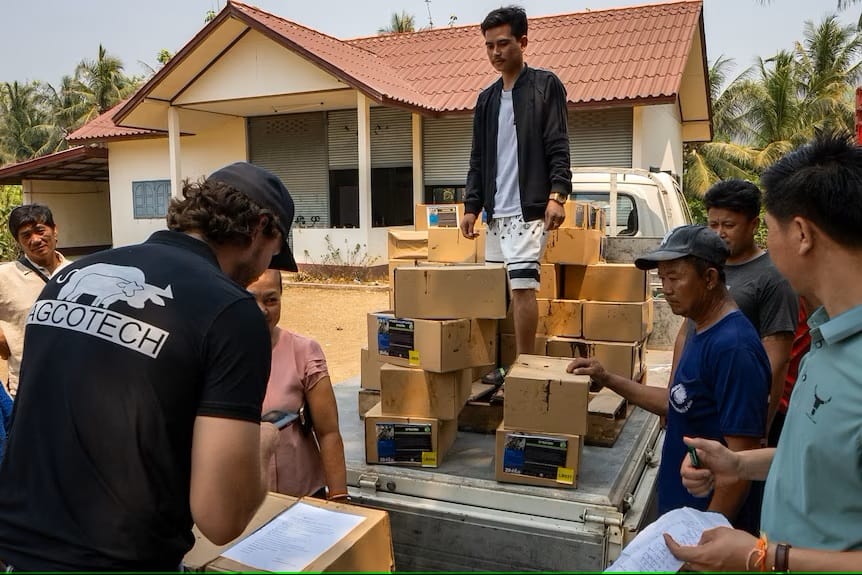
At a block information day, village chief Sythat Sysavath said he’s fed four blocks to his buffalo and cows and was keen to take home more.
Methane emissions, abatement and global trading were the last things on his mind.
“When I bring them to market, they’re very fat and more expensive than before, and they really like it,” he said.
At the opening of the factory, Australia’s ambassador to Laos Paul Kelly praised farmers for their bravery.
“They’re very poor, for them this is all their wealth, if it doesn’t work they lose everything,” he said.
“They’ve already started to see their livestock become healthier and they’re increasing livestock numbers.”
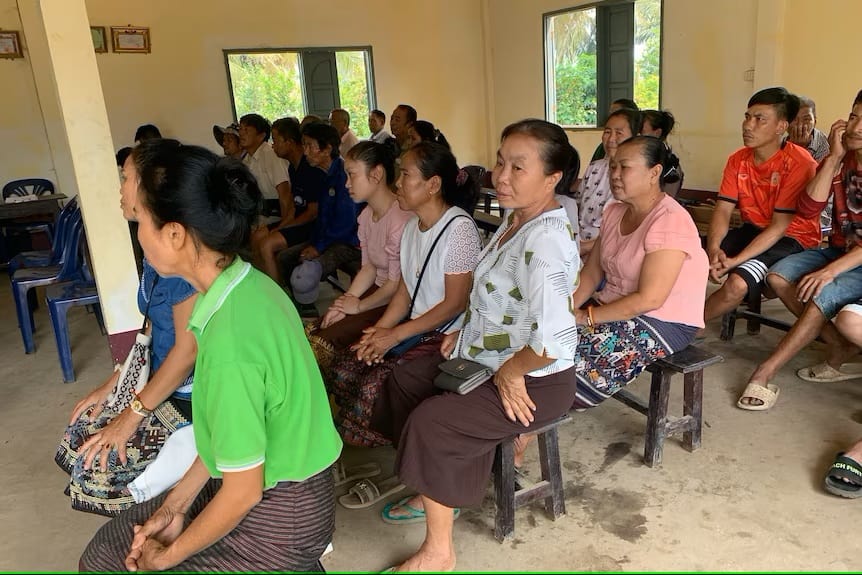
Milking Laos buffalo
Next door to the AGCoTech factory is the Laos Buffalo Dairy.
Australian businesswoman Susie Martin her husband Steven Mcwhirter and American chef Rachael O’Shea opened the dairy seven years ago.
The Singapore expats missed buffalo yoghurt they’d had in Sri Lanka and were shocked to learn Laos farmers didn’t milk buffalo.
They set up the country’s only dairy and cheesery, but don’t own the milkers.
“My background’s in corporate real estate, which is where we came up with the idea of renting,” Ms Martin said.
“Locals didn’t know anything about dairy, for about the first 18 months they were pretty sure we were going to barbecue them.
“When we said we’re going to bring them to the farm, we’re going to pay you, we’re going to feed them, you don’t have to worry about them for six to eight months, I think they probably thought it was too good to be true.
“We pay them $100 every time they bring a buffalo to the farm, that’s almost the equivalent of a month’s salary,” she said.
The first villager to trust Ms Martin was Mrs Ae.
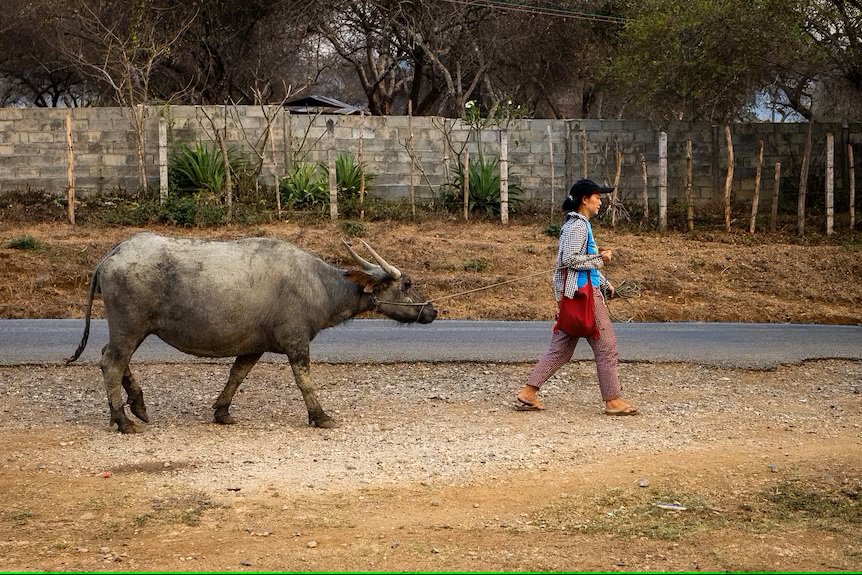
Her rented buffalo returned from the dairy fully vaccinated, with a robust calf at foot and pregnant.
Before she began renting her buffalo, many of the calves died.
“Some get sick when they give birth, the baby’s not healthy, the baby dead,” she said.
Rental income and the occasional buffalo sale have helped educate her children and buy a loom and a sugar cane juicer for the family business.
Making an impact
Mrs Ae now has 18 buffalo, and is no longer poor.
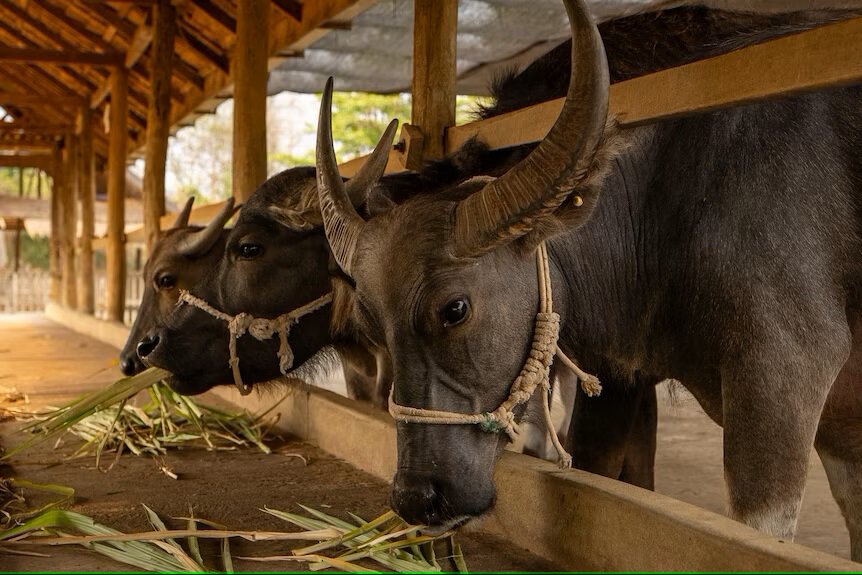
At the dairy, the buffalo are fed freshly harvested grass, washed and scrubbed every day.
Milk yields are low at between one and two litres, but new bulls imported from Sri Lanka are producing bigger, more productive animals.
The business suffered during the pandemic; a cheese export deal with Japan was shelved, and upmarket hotels which bought their cheese temporarily closed.
But Ms Martin’s confident the business will return to pre-pandemic numbers, and is eyeing off China for exports.
“Before COVID we had about 200 buffalo on the books and were working with over 200 farmers across 20 villages,” she said.
“The more cheese we sell, the more buffaloes we rent, the more farmers we can support.”
